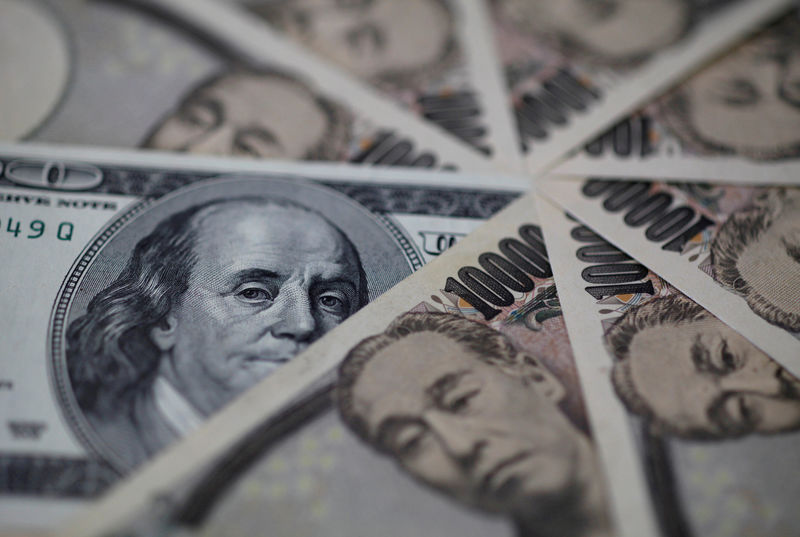By Jemima Kelly
LONDON (Reuters) - The dollar rebounded against the yen in European trade on Friday as traders quickly brushed off the latest missile fired over Japan by North Korea, after an initial dip in risk appetite across currency markets.
North Korea fired a missile on Friday that flew over Japan's northern island of Hokkaido far out into the Pacific Ocean, South Korean and Japanese officials said, further ratcheting up tensions after Pyongyang's recent test of a powerful nuclear bomb.
Japan is the world's largest net creditor nation, and in uncertain times traders assume Japanese repatriation of overseas funds will eclipse foreign investors' selling of Japanese assets. The yen therefore has continued to operate as a "safe-haven" despite Japan's geographical proximity to North Korea.
The dollar dipped as low as 109.55 yen in Asian trading, but by 0800 GMT was up more than 1 percent above that at 110.68 yen
The missile launch came just days after the 15-member United Nations Security Council unanimously stepped up sanctions against North Korea over its Sept. 3 nuclear test, imposing a ban on textile exports and capping imports of crude oil.
"The markets were – or should have been – expecting some kind of response from North Korea after the tightening of sanctions, so to that extent it was a question of when North Korea responded rather than whether they responded," said RBC Capital Markets currency strategist Adam Cole
"The fact they have done so doesn’t tell us anything we didn’t know... The risk is very material but I think compared with what we knew yesterday, we don’t know a lot more today," he added.
The dollar was also being supported by the latest U.S. consumer inflation data, which bolstered expectations that the U.S. Federal Reserve could raise interest rates again by year-end, said Masashi Murata, currency strategist for Brown Brothers Harriman in Tokyo.
"U.S. rate rise expectations have risen compared with what was seen in early September, pushing up U.S. bond yields and I think that is supporting the dollar versus the yen," he said.
Elsewhere, sterling hit a 14-month high of $1.3350
Sterling recorded its best day against the dollar since April on Thursday, after the BoE warned it might raise interest rates for the first time in more than a decade in the "coming months".
The euro was steady at $1.1918 <EUR=>, staying below a 2-1/2 year high of $1.2092 set last week, while the dollar index was also flat on the day (DXY).

Bitcoin was down for an eighth consecutive day